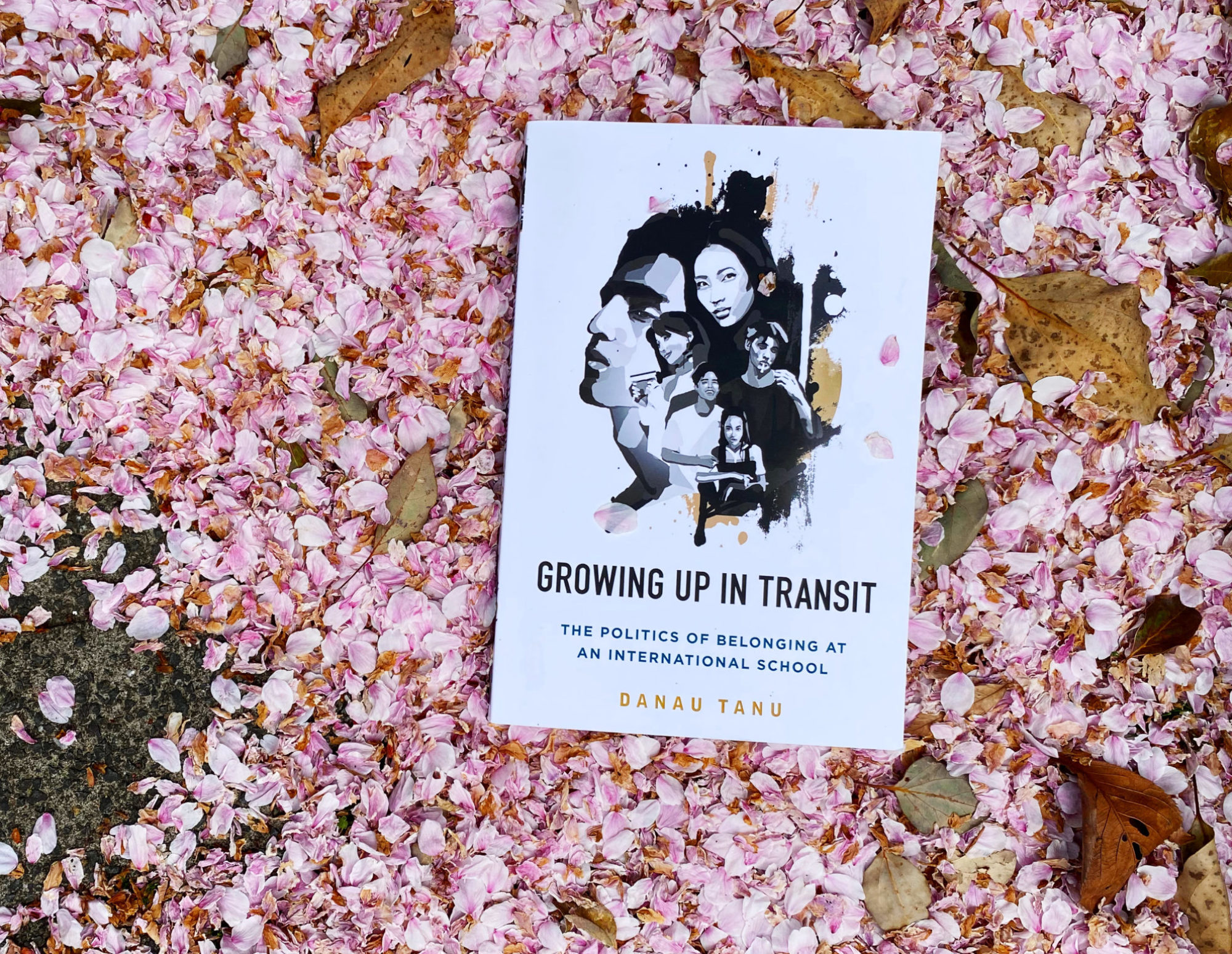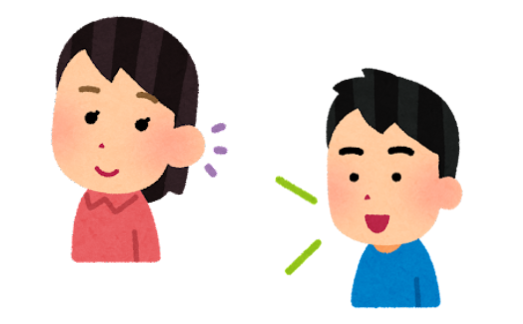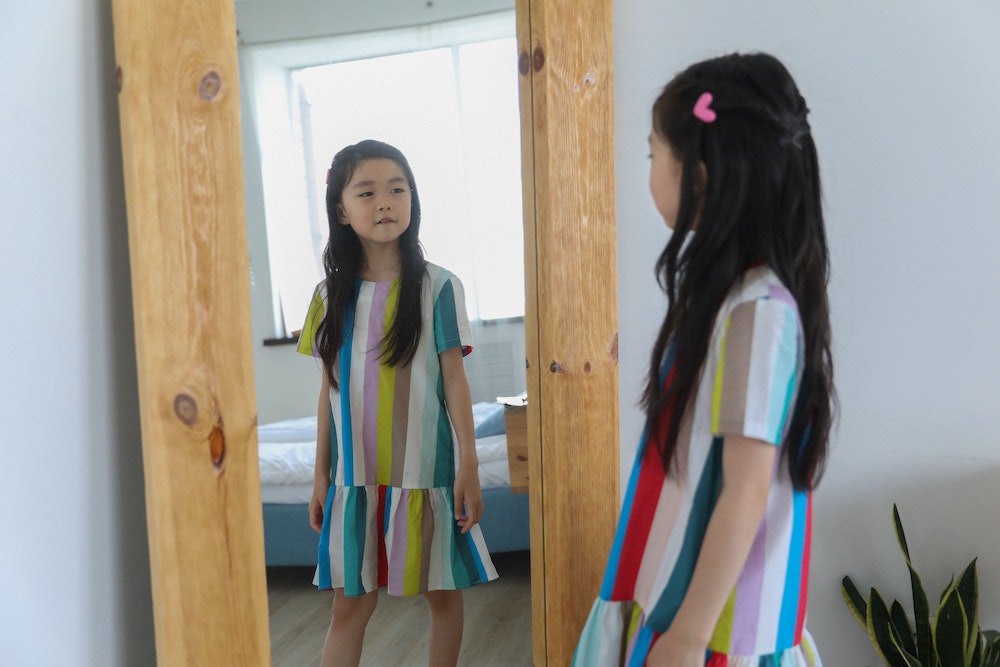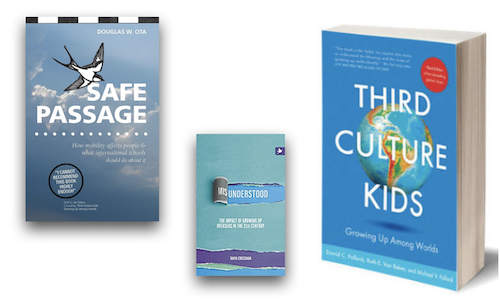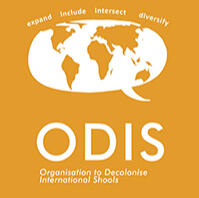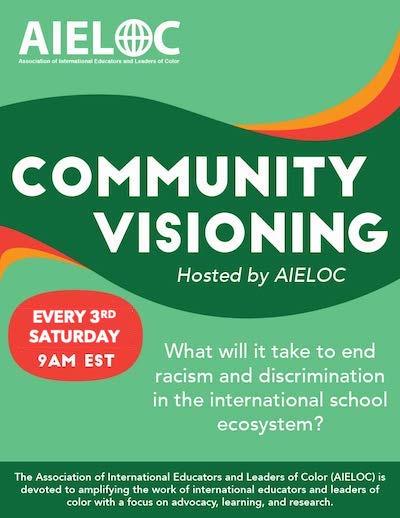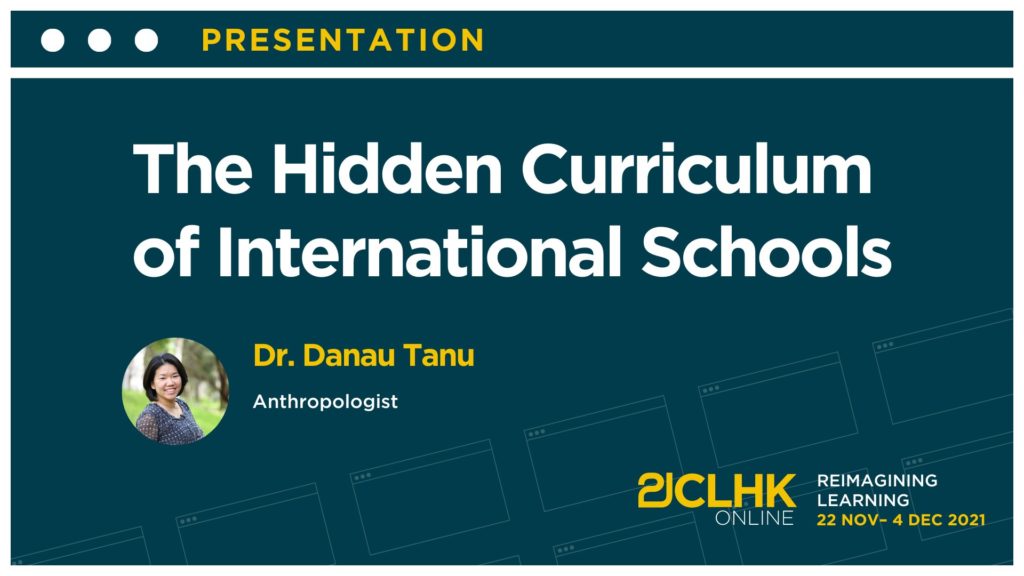The cultural, emotional & academic impact of international education & mobility
This is the handout for the webinar presentation for the Parent Session (English) at KIS. It includes a list of resources mentioned in the presentation, the slide deck and additional resources.
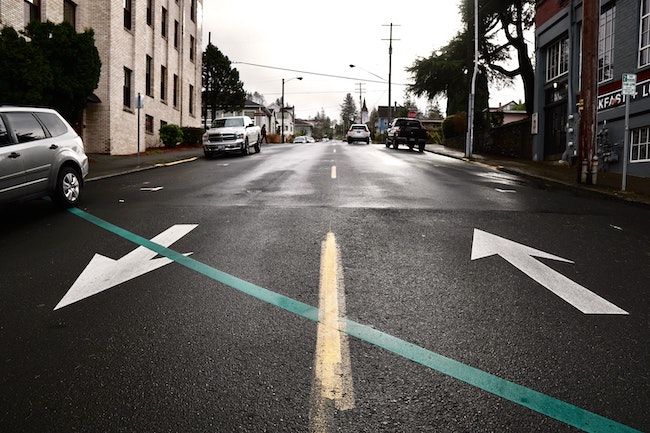
Core topics
- Intergenerational cultural gaps
How is your child(ren)’s experience of international education or mobility different from your childhood experiences? - Multilingual perspectives
How does bilingualism/multilingualism affect your child(ren)’s perspectives? What is their relationship with the languages they speak? - Internalized racism
How does the hidden curriculum impact students’ sense of self? What is internalized racism? In what way does it affect their relationship with their parent(s)’ language and culture? - Hidden curriculum
- What is the hidden curriculum? How does it show up in international schools?
Slides
You can download the slides from the workshop in PDF format below.
Speakers
Danau Tanu, Ph.D., anthropologist & author of Growing Up in Transit: The Politics of Belonging at an International School
www.danautanu.com
Isabelle Min, coach & facilitator
www.tck.or.kr
Main text
Growing Up in Transit: The Politics of Belonging at an International School. Danau Tanu, 2018.
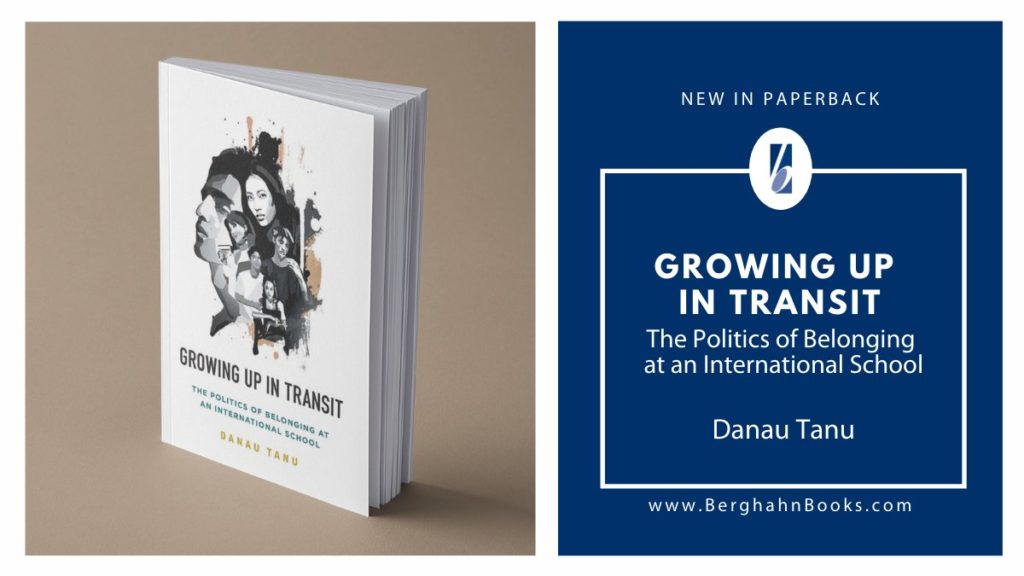
Resources in order of appearance
Sundae Bean podcast episode: 146: Hidden Hierarchies in International Schools with Danau Tanu
‘Third Culture Kids: The Return Home’.Tim Brantingham in Sandwich Parenting.
Third Culture Kids: Growing Up Among Worlds, 3rd Edition. David Pollock, Ruth E. Van Reken and Michael Pollock, 2017.
Safe Passage: How mobility affects people & what international schools should do about it. Doug Ota, 2014.
(Additional resource: Misunderstood: The Impact of Growing Up Overseas in the 21st Century. Tanya Crossman, 2016. See also www.tanyacrossman.com)
‘Lost’ first languages leave permanent mark on the brain, new study reveals in The Guardian, 20 November 2014
The Traumatizing Gift: a Global Childhood – A TEDx talk by Saeko Mizuta, CEO of the TCK Workshop (日本語)
TCKs of Asia & Third Culture Stories podcast.
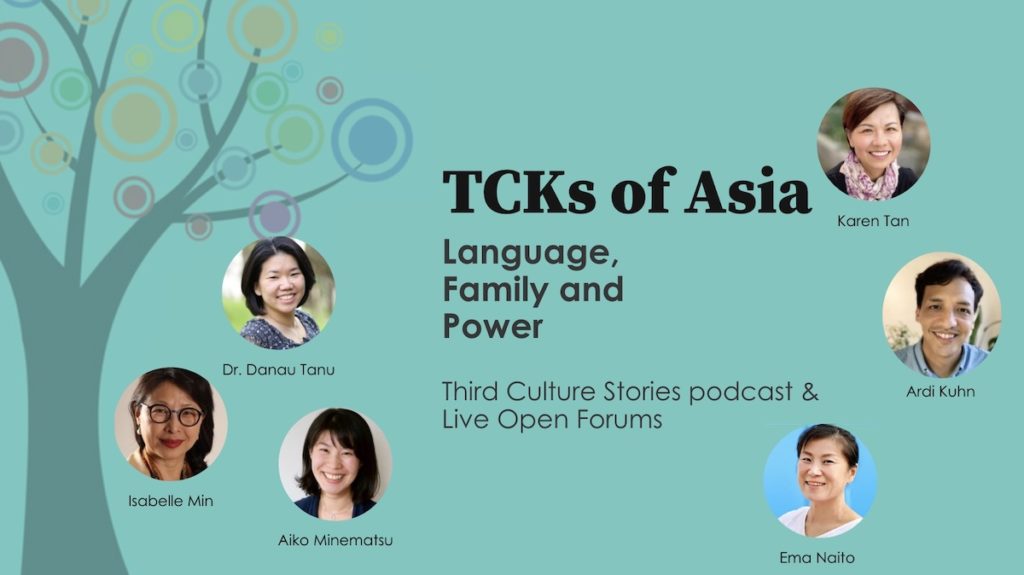
Breakout Sessions: Challenges & Aspirations
Q1. Can you recognise any cultural gaps between you and your child(ren)? If so, please describe it.
Q2. What is your highest aspiration for your child(ren)?
Duration: 8 minutes
